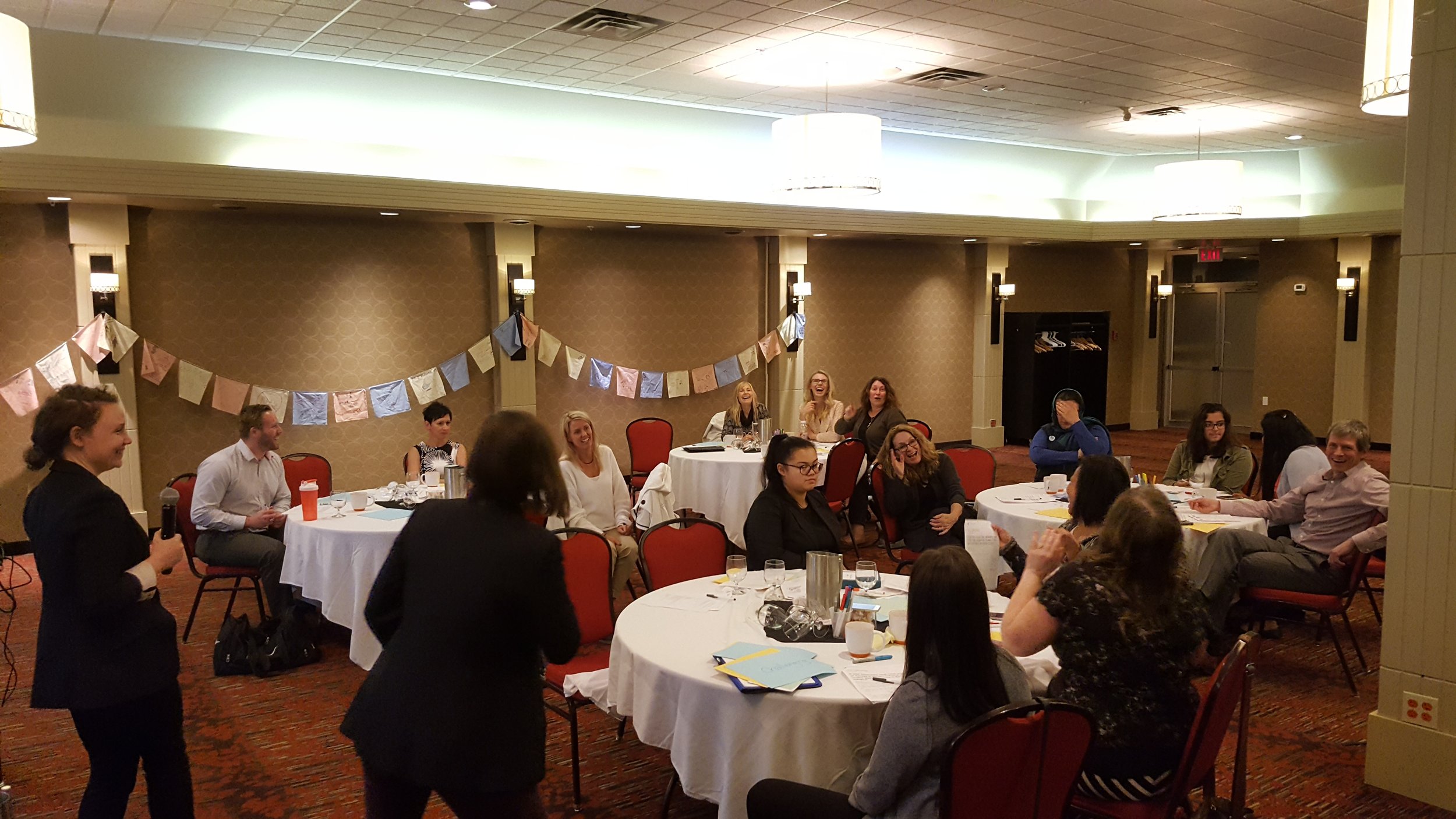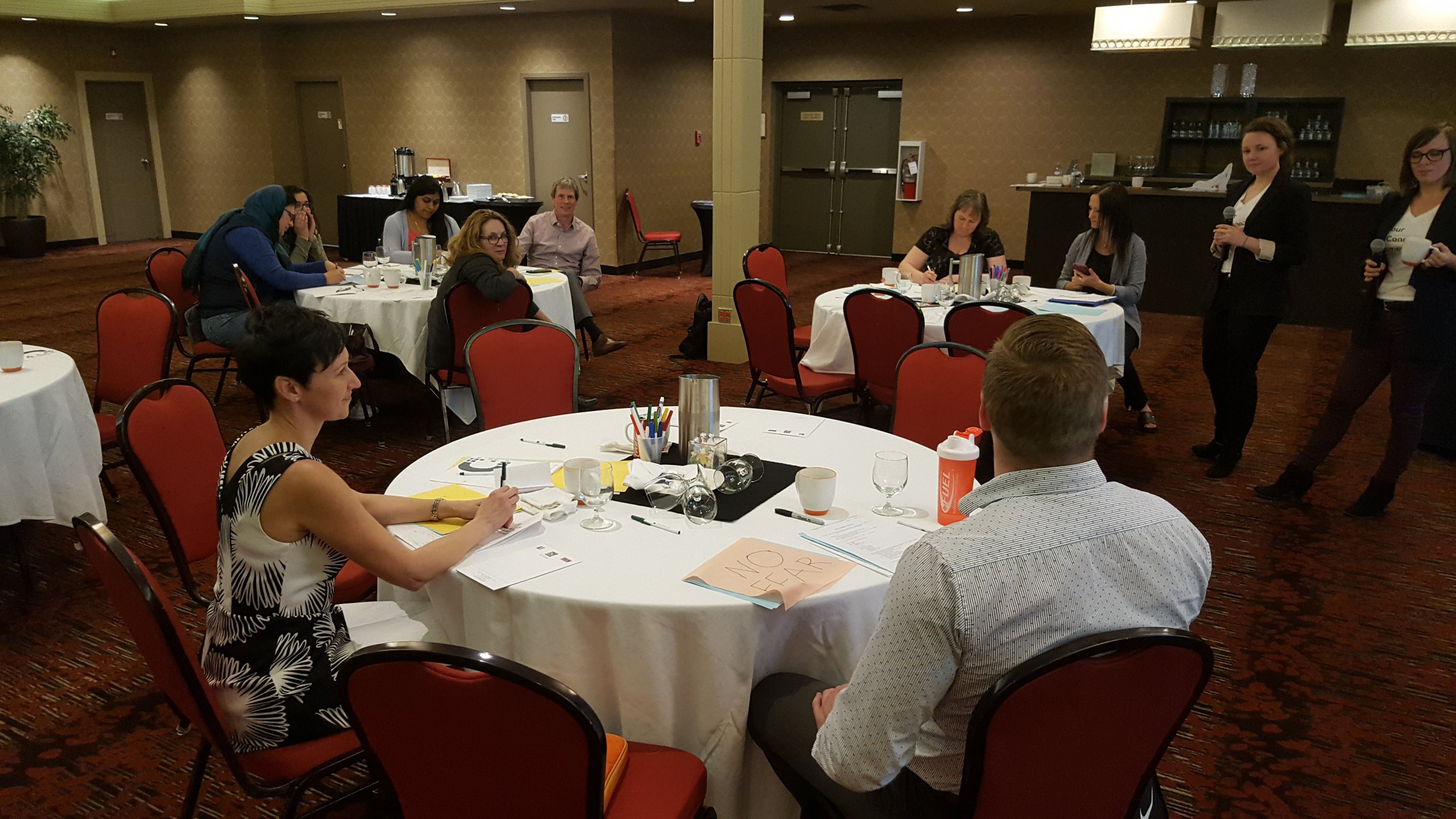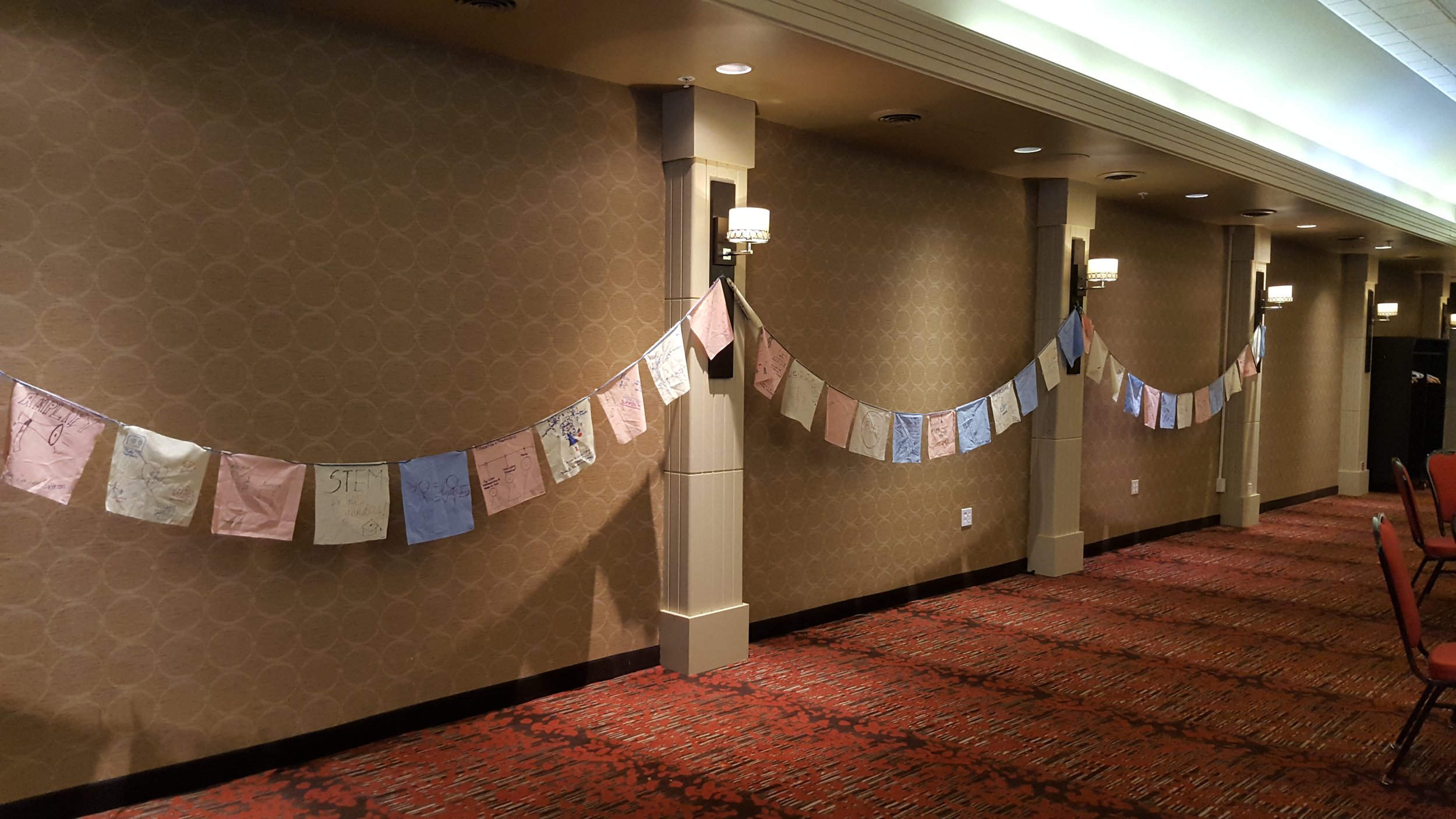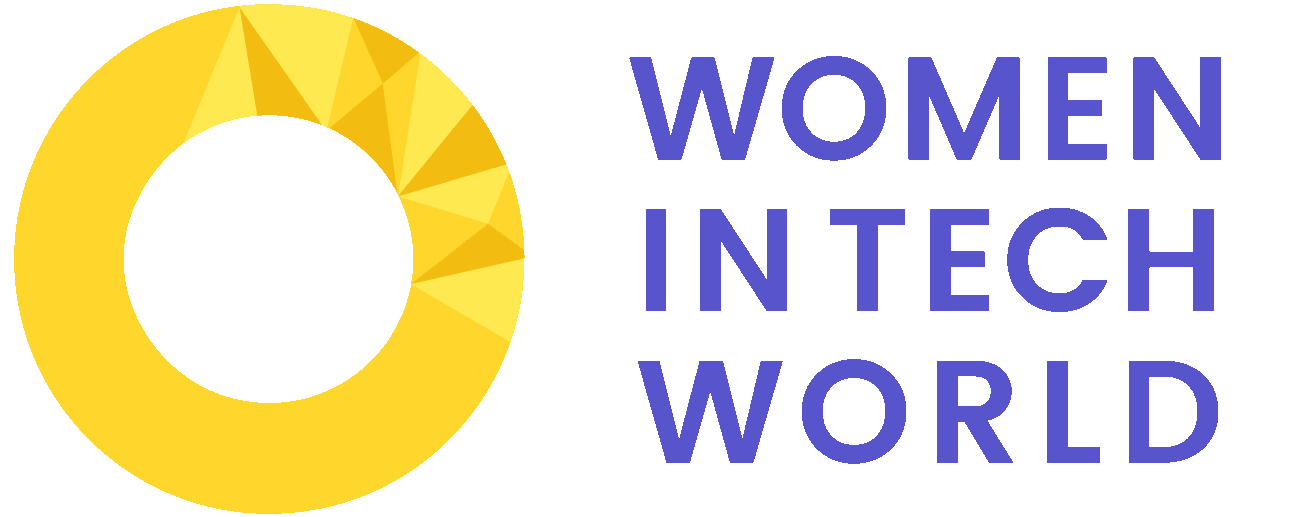Our Community Conversation in Fort McMurray



By Rainer Kern
On one of the last warm days of the year, a panel of women gathered at the Quality Hotel & Conference Centre in ever-regrowing Fort McMurray, Alberta. They gathered to discuss the past, future and present of technology, women and start-ups. The theme of the panel seemed to fall largely on growth, failure and starting again. The panel, hosted by WinTech World co-founder Ali Close, asked each panelist a unique set of questions about their history and their current path. Event partner, Wood Buffalo Regional Innovation Network
Andrea Haley - Senior Economic Development Officer at Regional Municipality of Wood Buffalo.
Terry Rachwalski - Director, Regional Innovation in the Entrepreneurial Branch at Alberta Innovates. Executive, founder and investor with multiple Canadian and international technology firms. Award winning management consultant.
Thereza Eric - Student at Westwood High School who is a part of the innovative programs in the school Computer Science Department.
It began with Terry, as she told her tale about working as a sales manager in fiber optics. She told the room of eager listeners how long-distance phone calls to Europe once made an unpleasant crackling noise. Her team realized this was because there was electrical amplification but no optical amplification. They developed a method that stabilized lasers and reduced this noise.
This move was a calculated decision based on market trends and a strong pull from society at large. When asked how she kept abreast of the trends, Terry said, “I think we all have to be life-long learners and half of that is learning it yourself. This means not relying on others, but instead going out, talking to a lot of people, and seeing where the trends are so you can really read them.”
“That last story was my greatest success. Next, I’ll tell you a story about the business I ran that hurt my heart the most. At this business, I was trying to find the right market fit. We were running out of money and hadn’t found the right audience, so we opted for a financing deal. We found a company in Japan that liked the technology and they financed it using convertible debt. Basically, they gave us money, and we took the debt and when we weren’t able to pay them back they converted it for shares. We lost the technology.”
She paused for a moment and then continued. “I learned a lot from this. First, make sure it’s market-pull and not technology-push (just because you have a great technology doesn’t mean anyone wants it) and if you see you aren’t going to make it, pull the plug – don’t have the hubris to think you can make it.”
The next panelist, Thereza, was a student in Fort McMurray. As one of only two girls in her computer science class, she had a unique perspective on the challenges faced by women. When asked what she most loved working on in class, she said, “when it’s not math, which is a little confusing to me.” she laughed, along with the audience. She mentioned she loved working on projects that had real world applications: using coding to make music, or using 3D printing and computer design to create aerodynamic wind turbines.
Thereza told us that when she first enrolled in the computer science class she was excited, but was surprised to see how many boys were there. The class had only two girls. She detailed feeling completely lost during the first few lectures and how it took her time to find her stride. She told us that her main resource has been school, but that she knew she needed to get involved with things like Women in Tech World early on so that she could find the right resources for a career when she was at that point in her life.
That led us right to our final panelist, Andrea, who recently set up a Regional Innovation Network (RIN). This network provides support, advice and assistance to women in navigating the landscape when trying to access funding to start a business. This funding was available to people in oil fields, in STEM and beyond.
Andrea felt as if many people working in innovating fields didn’t think of themselves as working in tech. This, she said, was baffling to her. She believes that we simply need to offer more support – that with more mentoring, collaboration and connection to the community, innovation systems will be able to grow and diversify.
The group discussion made it evident that people were eager to begin their new businesses and wanted to find the perfect route to get funding and get started. The questions revolved around how to find that path to meaningful funding and future growth.
We give thanks to our community partners who helped make this event such a success:
Keyano College
Wood Buffalo Economic Development
Fort McMurray Chamber of Commerce
Alberta Innovates
Northeastern Alberta Aboriginal Business Association
Community Futures Wood Buffalo
Alberta Science Women's Network (AWSN)
